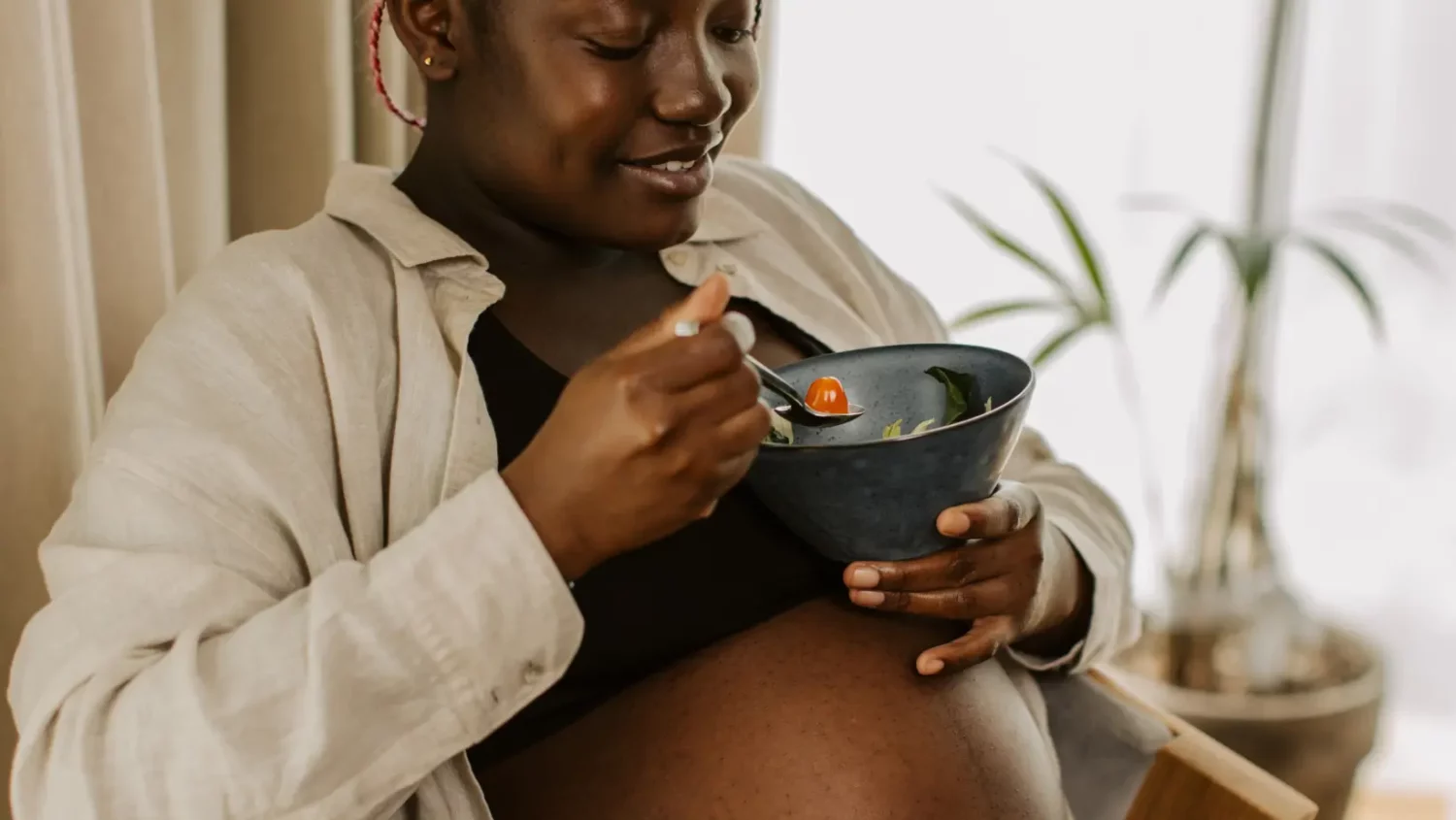Everyone needs a balanced diet that includes each food group. Even more so for a pregnant woman, because she needs to provide all the construction materials for her developing baby. Iron is an essential element to optimise the baby’s development and growth during pregnancy, and they get it from their mother. So you should know that diet is critical during the preparation for birth.
In this article:
What does iron do during pregnancy?
Iron is an integral component a future mother needs to absorb to avoid pregnancy anemia. It serves to transport oxygen in the blood to the body’s issues to fulfill their functions—growth, infection resistance, healing, and in pregnancy, provide oxygenation to the fetus in utero.
If the future mother isn’t getting enough iron, she may feel severe fatigue and exhaustion due to the progressive arrival of anemia. She may be paler and more sensitive to infections, as her condition weakens her immune system. Also, don’t forget that the pregnant woman who lacks iron in her system during pregnancy is at greater risk of pre-eclampsia in the last trimester, as well as postnatal hemorrhage requiring blood transfusions. It is also more likely that the baby will be stunted or born prematurely at a lower weight than expected.
Pregnancy is a period of high growth when iron needs increase to meet those of both mother and baby. Due to the increase in a pregnant woman’s blood volume and plasma by 40 to 50%, there is an automatic physiological dilution of red blood cells (erythrocytes) which, although increasing in number by 15 to 20%, do not grow at the same rate as blood volume. This condition limits the transport of iron in the blood, sometimes leading to anemia. To compensate for this change due to motherhood, women need to take more iron.
It’s difficult to meet the desired amounts only through diet. This is why we suggest that pregnant women take daily iron supplements in multivitamins containing between 16 mg and 20 mg of iron. This is in addition to a diet rich in iron to meet the 27 mg daily requirement during pregnancy.
During blood tests carried out during pregnancy, the physician will prescribe a more concentrated oral iron supplement, if necessary only.
If a pregnant woman suffers from severe or late anemia (34 weeks or more) and cannot tolerate additional iron by mouth, intravenous treatment may be necessary to prevent potential consequences for mother and baby.
How can you increase iron absorption?
How can you increase iron absorption? Here are a few little-known principles about iron absorption to maximise its beneficial effects for the body:
- Iron is better absorbed when frequently consumed (each meal);
- Iron from animal sources (meat, poultry, fish) is absorbed better than from vegetable sources;
- Vitamin C can help absorb iron from vegetable sources;
- Coffee, tea, chocolate and herbal teas should be consumed about 2 hours before or after the meal, as they inhibit iron absorption.
Sources of Iron
Here are a few good sources of iron: cooked legumes, clams, oysters, sesame seeds, spinach, tofu, red meat (steak, ground beef…), blood pudding.
Other sources but with lower levels of iron are available: chicken (and other white meats), ham, eggs, peanuts, nuts, almonds, bread, oatmeal, wheat germ.
If you seem to have digestive issues, more nausea or constipation due to your iron supplements, you can change the way you take them. For example, you can take them in the evening with a snack instead of in the morning on an empty stomach. You can also take different products to reduce the impact on your system.
One thing is certain – nothing can replace a good diet during and after your pregnancy for recovery. Consequently, when consuming foods rich in iron daily (keeping in mind the list above for absorption), you will avoid anemia and its adverse effects.
Related articles:
Related videos:
Marie
The Baby Expert


